Boutique Coffee details Africa -: Yemeni Coffee | the Yemeni mocha that once dominated the world
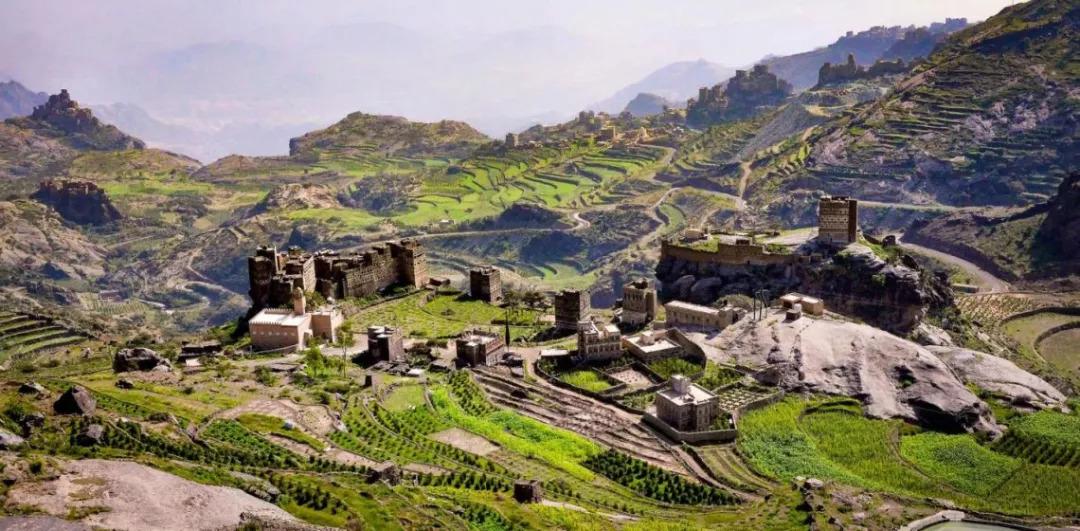
As early as the end of the 17th century to the early 18th century, the first coffee beans drunk by Europeans actually came from the Yemeni mocha, so the term "mocha" became synonymous with coffee, which can be associated with coffee. However, today, three centuries later, Yemeni coffee is not as rich as it used to be, with an annual output of only about 10,000 metric tons, which is simply insignificant compared with other countries.
Yemeni mocha is one of the oldest coffee in the world. Yemeni mocha is considered to be the best coffee available to people in the world. It has a unique, fragrant, sour and distinctive spicy taste.
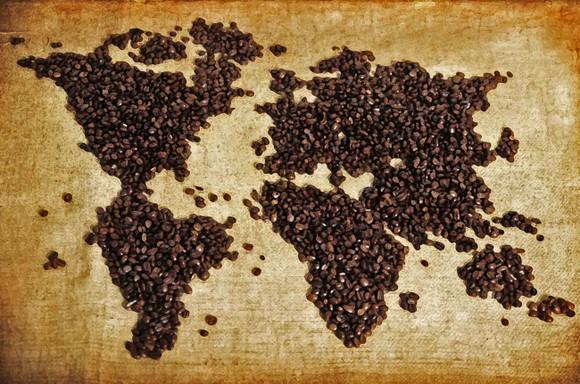
Yemeni mocha coffee beans didn't fall.
With regard to the continuous decline in the production of mocha coffee beans in Yemen, experts pointed out that there are several reasons, including drought and water shortage, rising planting costs, serious diseases and insect pests, cheaper coffee beans in other countries, and a better profit than coffee. It all shows that it is not easy to grow coffee beans in Yemen.
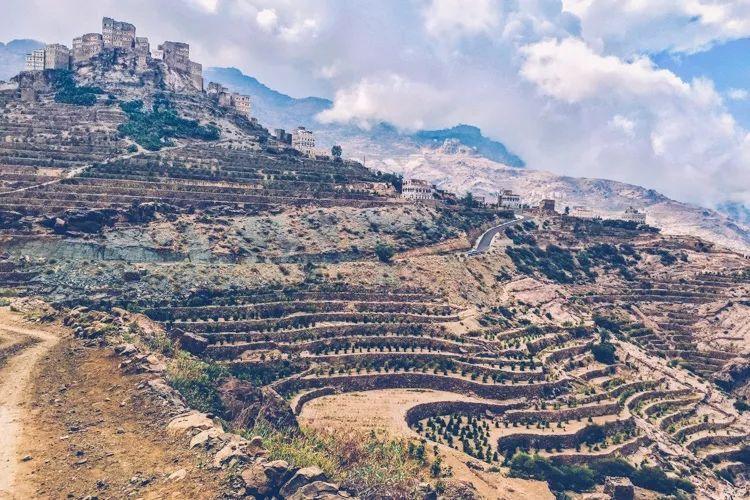
This is mainly due to the changeable topography and climate of Yemen, which leads to the scattered distribution of coffee among cliffs, vertical valleys, depressions, fields, terraces, plateaus and even mountains, the soil is not easy to retain moisture, and the mountain air is dry, and Rain Water is not much. It's not a good place to grow coffee at all.
However, Yemen inherits the wisdom of its ancestors by planting coffee trees on steep slopes or depressions in valleys and using terraced fields to retain precious water. Let coffee trees grow in a severe environment, but also make coffee flavor more diverse, giving birth to a unique "game", creating Yemeni mocha "game" full of boutique coffee beans.
Although the Yemeni coffee variety comes from Ethiopia, after evolution, it has actually become a unique breed in Yemen. It is needless to say that only the old farmers in Yemen can distinguish it according to the planting environment and region. The outside world is difficult to understand. The main reason is that the bean appearance and flavor are actually similar to Ethiopia's Hara and the sun's Yegashafi, but the Yemeni flavor is more elusive and complex. It's a little more mysterious.
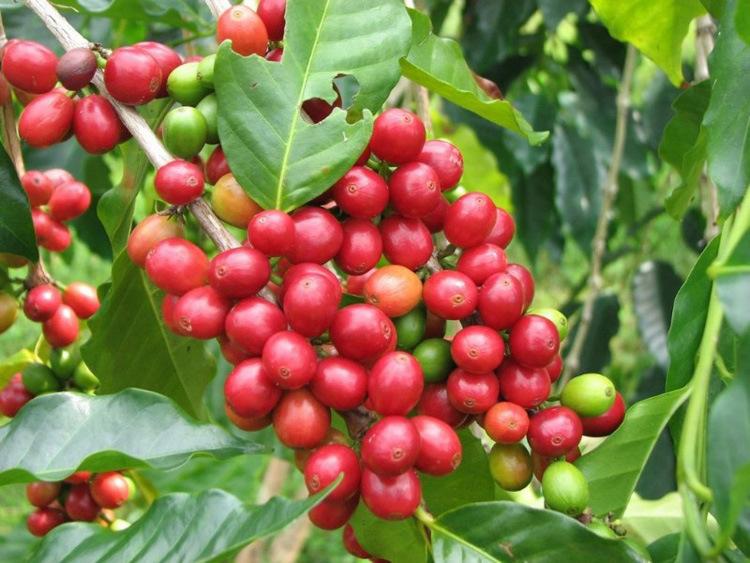
Yemeni coffee-producing areas are mainly concentrated in the northern highlands, with elevations between 1000 and 2400 meters above sea level, with a great drop and a lot of topography. Several of the more well-known producing areas are as follows:
Matali (also known as Matali, Mattari): located at 2000-2400 meters above sea level, it is the highest producing area in Yemen and the most famous coffee bean. When shallow baking, the flavor has obvious fruit fermentation and red wine aroma, obvious sweetness, with berry or citrus sour aromas. But deep baking is a different flavor, with a clear chocolate sweetness.
Sanani: Shanali is a general term that refers to coffee in the surrounding areas of the capital Sana'a. The flavor of this area has a thick fruity aroma, often with more ripe fruit and game than Matali, but at present it is extremely rare and the quality is uneven, which requires special attention.
Ismaeili: at 1800-2200 meters above sea level, it is located in the middle of Yemen, and this name is also the name of the variety. Bean shape is more round than Matali, and slightly more complex, even with the smell of cardamom, tobacco and sunwood, less production and high price.
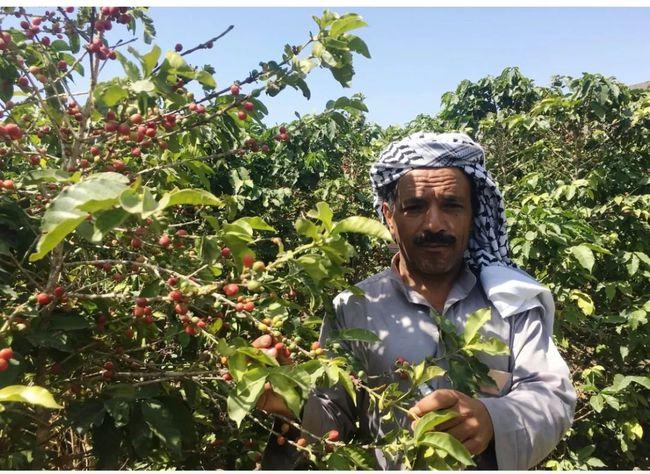
Conclusion
Yemen is the only all-day coffee producing area in the world. Because of its poor geographical environment and lack of water, it is impossible for Yemen to use water washing to treat coffee beans. Generally speaking, local farmers wait for the coffee fruit to fall off naturally before collecting and processing, so it is often said that Yemeni coffee has a wild flavor.
The above is some related information about Qianjie coffee arrangement.
I hope this article will help you to know more about coffee.
.
Important Notice :
前街咖啡 FrontStreet Coffee has moved to new addredd:
FrontStreet Coffee Address: 315,Donghua East Road,GuangZhou
Tel:020 38364473
- Prev

What is the difference between the cup meter of COE and the coffee cup meter of SCAA?
At present, we commonly use SCAA's cup meter and COE's cup meter in the coffee cup test. Qianjie today shares with you the difference between the SCA cup score table and the COE cup score table. The SCAA cup test is 5 cups per sample. The scoring items are divided into: dry / wet aroma, flavor, aftertaste, acidity, alcohol thickness, consistency, balance, cleanliness, sweetness grade, comprehensive evaluation, defect.
- Next

General situation of coffee varieties
◆ all column document list (use the right mouse button pop-up menu) ID select article title update time category Click HTML permission to read the publisher to operate 142650 coffee in the inferior acid how to avoid? [photo] 2021-05-27 Coffee knowledge 56 not generated for review not opened Jin 142422 Robusta Coffee beans Robbins Taga, Vietnam
Related
- Detailed explanation of Jadeite planting Land in Panamanian Jadeite Manor introduction to the grading system of Jadeite competitive bidding, Red bid, Green bid and Rose Summer
- Story of Coffee planting in Brenka region of Costa Rica Stonehenge Manor anaerobic heavy honey treatment of flavor mouth
- What's on the barrel of Blue Mountain Coffee beans?
- Can American coffee also pull flowers? How to use hot American style to pull out a good-looking pattern?
- Can you make a cold extract with coffee beans? What is the right proportion for cold-extracted coffee formula?
- Indonesian PWN Gold Mandrine Coffee Origin Features Flavor How to Chong? Mandolin coffee is American.
- A brief introduction to the flavor characteristics of Brazilian yellow bourbon coffee beans
- What is the effect of different water quality on the flavor of cold-extracted coffee? What kind of water is best for brewing coffee?
- Why do you think of Rose Summer whenever you mention Panamanian coffee?
- Introduction to the characteristics of authentic blue mountain coffee bean producing areas? What is the CIB Coffee Authority in Jamaica?

